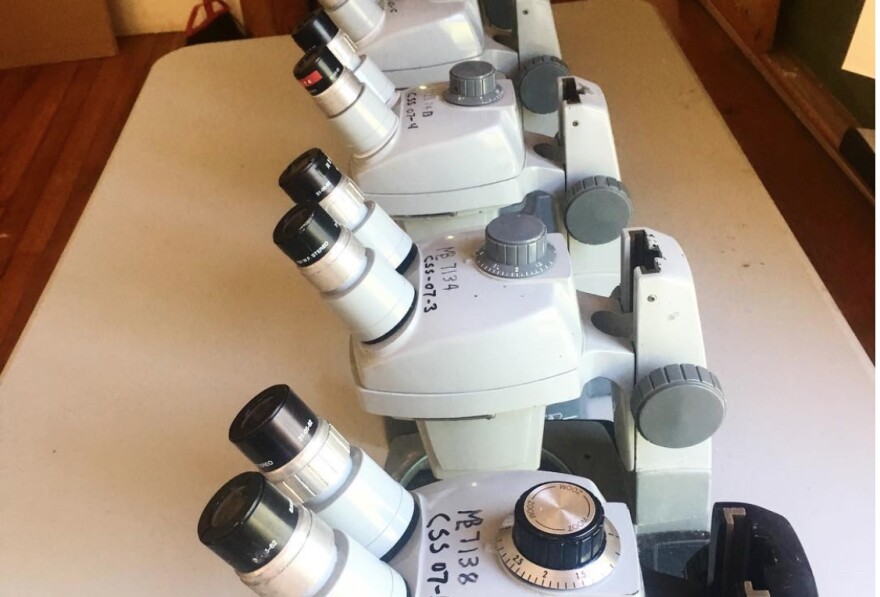Several high-profile federal and international reports this past fall highlighted the threats posed by human-caused climate change. But the words “climate change” have been removed from multiple reports and planning documents at the National Park Service.
In one case, officials at the New Bedford Whaling National Historical Park removed climate change language after being told it was "sensitive language that may raise eyebrows, especially with the current administration."
In another instance, a researcher fought back against efforts to remove references to human-caused climate change from her report about the risks that sea level rise poses for 118 coastal national parks.
"There is no question that there were attempts at scientific censorship," said Elizabeth Shogren, a reporter covering science for Reveal, from the Center for Investigative Reporting. Her recent report details that censorship. "There are policies about this -- that supervisors are not allowed to coerce scientists to change their their scientific reports. And that's what was clearly happening in this case."
Shogren says these examples are part of a broader shift by the Trump administration away from climate science, but notes that she has also uncovered examples of scientific censorship or interference in past administrations, including under President Obama.
"It's not just something that Republicans do,” Shogren said. “It's when when politicians find that the science is uncomfortable for whatever their policies are, they can suppress it. Because they really don't want to make a big deal out of science that shows the impact of what they're doing.”
Shogren says what's new is that, rather than trying to stop new research on sensitive areas, the Trump administration is trying to force park managers and other officials to ignore existing knowledge.
"I was told by people pretty high up in the Park Service that this message was coming from the Interior Department," she said. "The message was that there were certain words that were banned. And references to human-caused climate change were among those."




